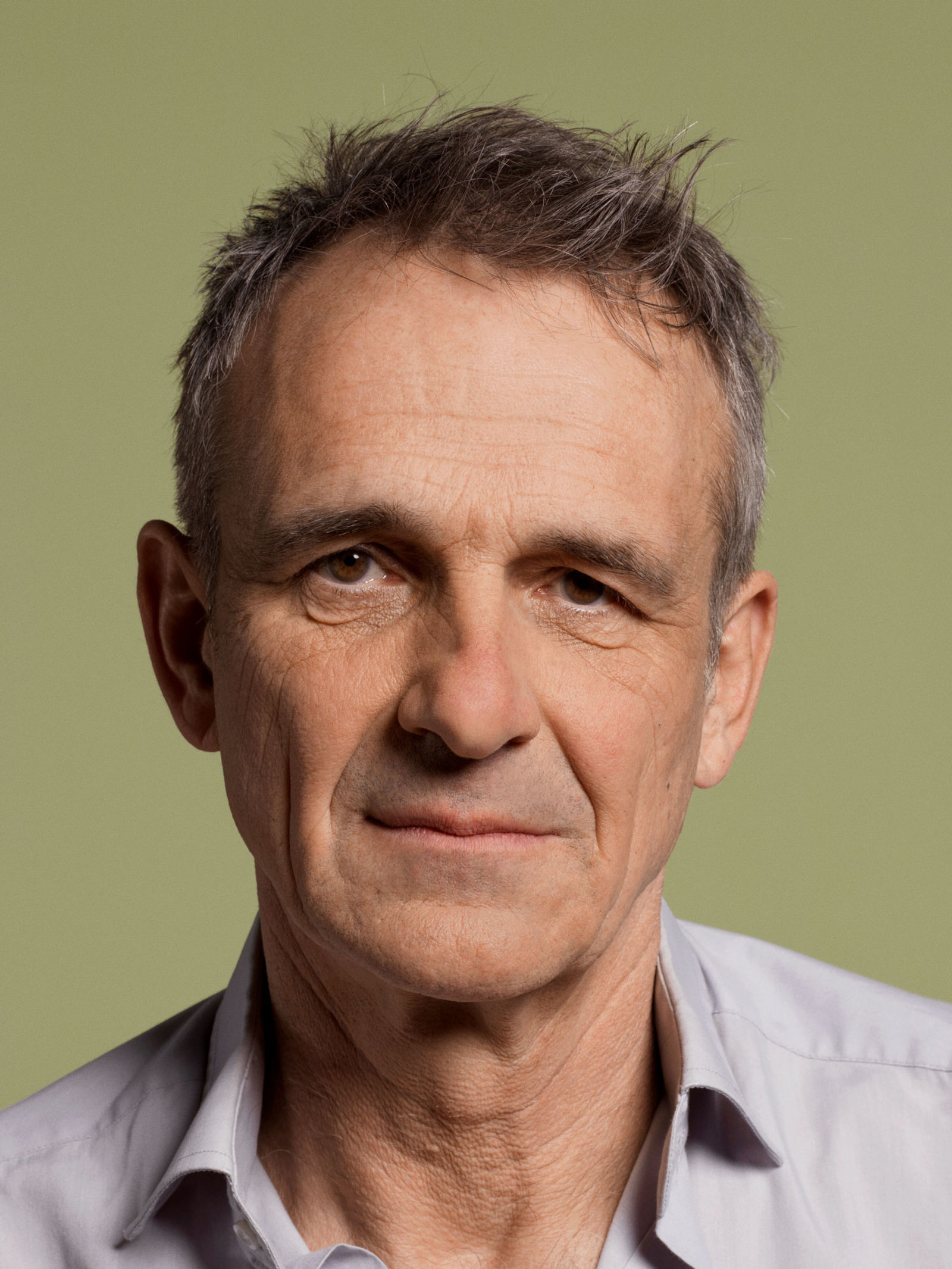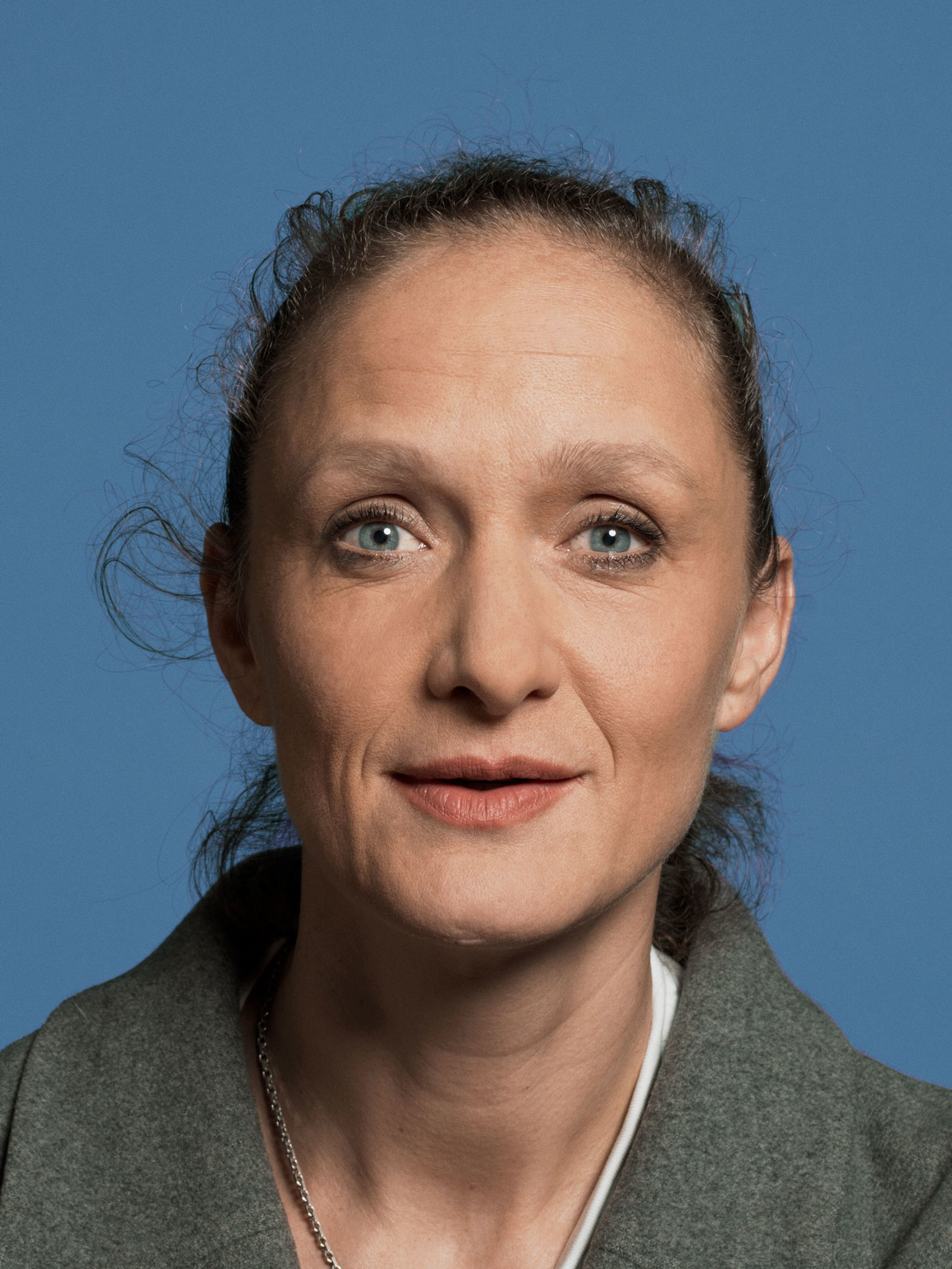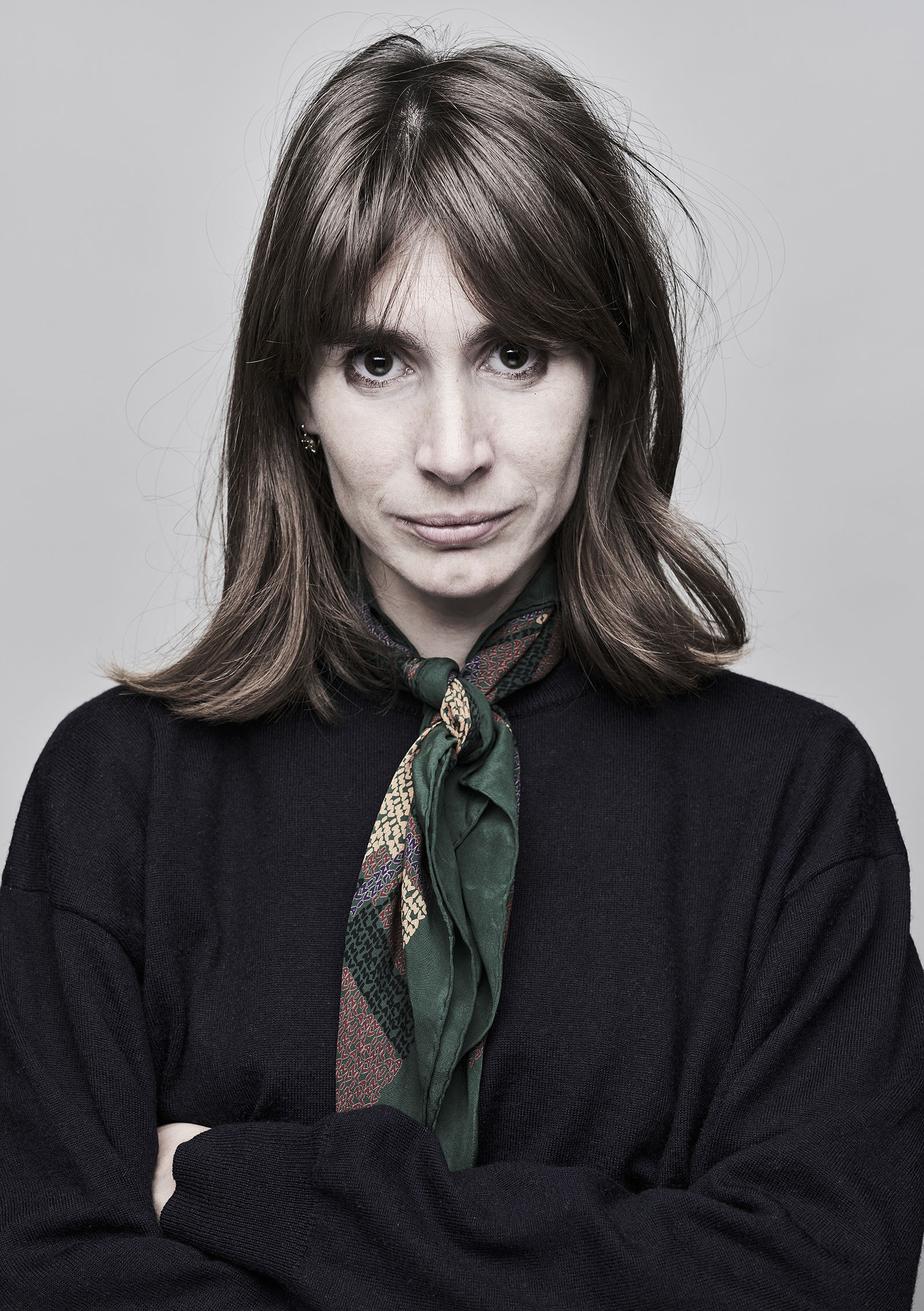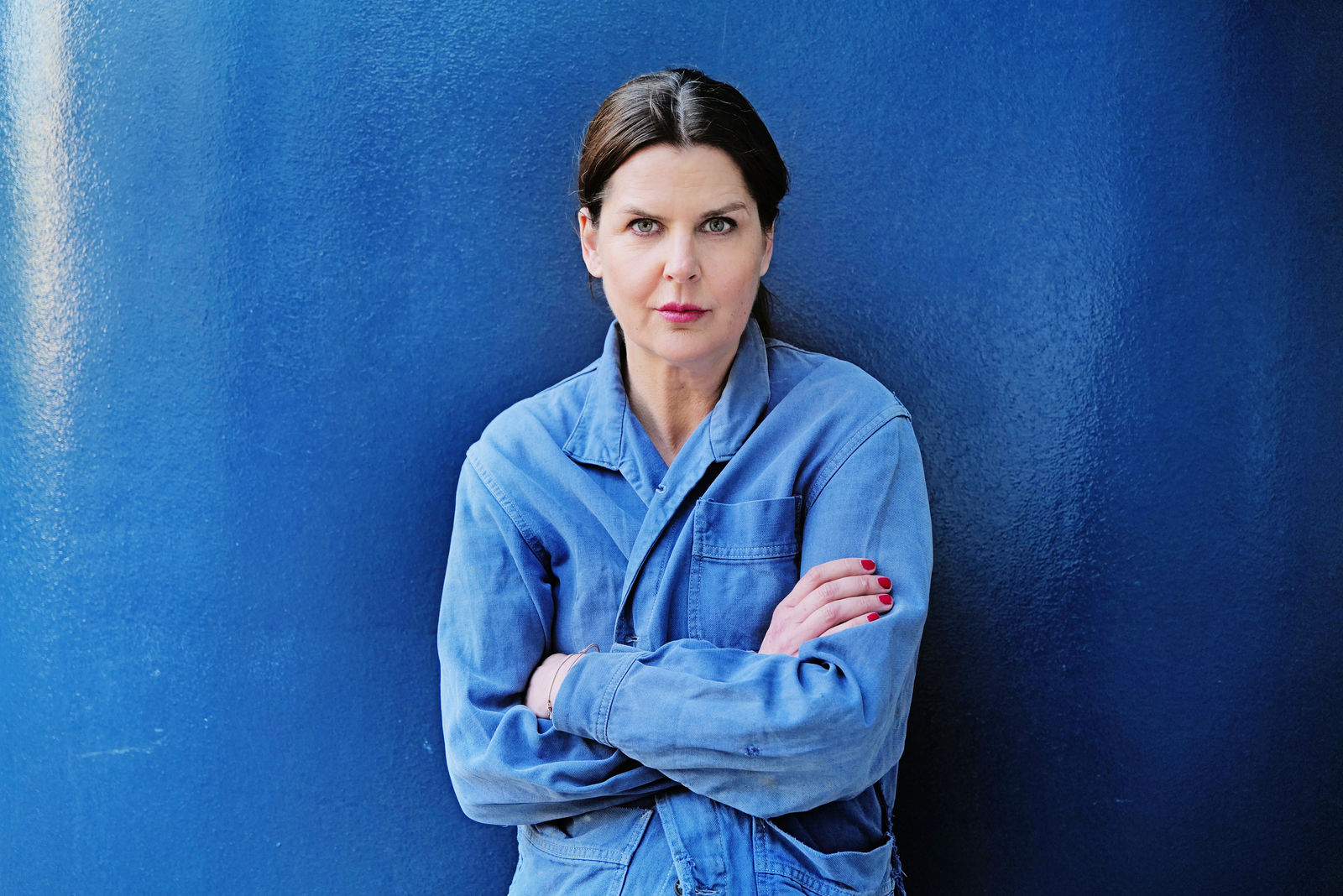“I’m accustomed to being permanently on the move, accustomed to everything functioning – and just as I want it to. But when I read ‘Homo faber,’ I wonder whether the error in the system isn’t often a stroke of luck, coming to a standstill doesn’t take me forward, and the grit in the gears doesn’t in fact fuel the engine.” Bastian Kraft
An aircraft makes an emergency landing in the desert. Among the passengers is Walter Faber, a Swiss engineer with an unshakeably rationalist view of the world – a man of about 50 years of age who brushes aside any aspect of art, love, religion or destiny that cannot be scientifically explained. It is already an astonishing coincidence that he encounters Herbert on the plane, who persuades him to change his plans and takes him to visit his old friend Joachim in the desert. However, only when Walter Faber is forced to give himself and his former lover, Hanna, an account of recent events, does he begin to question his view of the world. This is because he meets a young woman on a ship from New York to France who reminds him of Hanna: Sabeth. He abandons his travel plans and, youthfully infatuated, accompanies the young woman across Europe to Athens. Despite all the evidence, he fails to realise that he is flirting with his own daughter: Hanna gave birth to Sabeth shortly after Faber abandoned her.
Max Frisch, himself an architect and man of letters, wrote the novel as a statement in 1957. Faber’s attempt at a precise reconstruction of events mirrors his failure to grasp the world and his life as a mere succession of facts. After “Andorra” by Max Frisch (Schiffbau/Box 2016), this is the second time that director Bastian Kraft, born in 1980, has tackled the Swiss author’s work in Zurich.

















